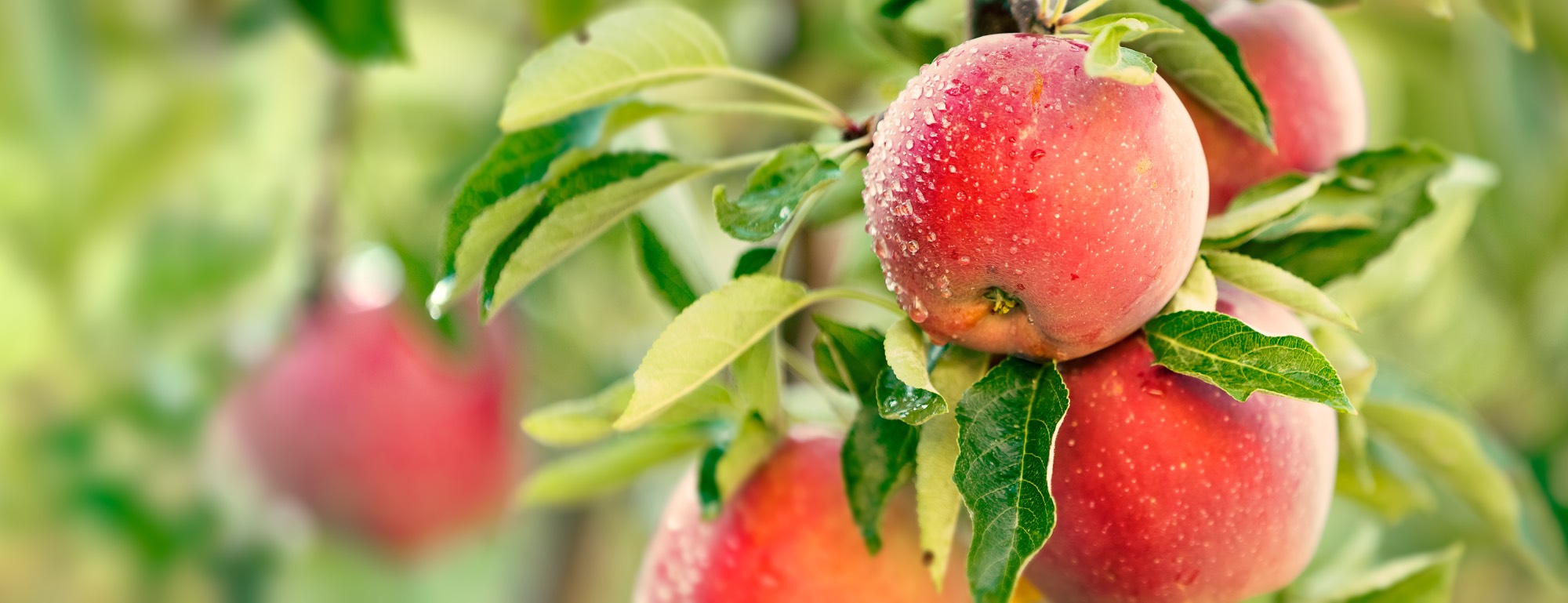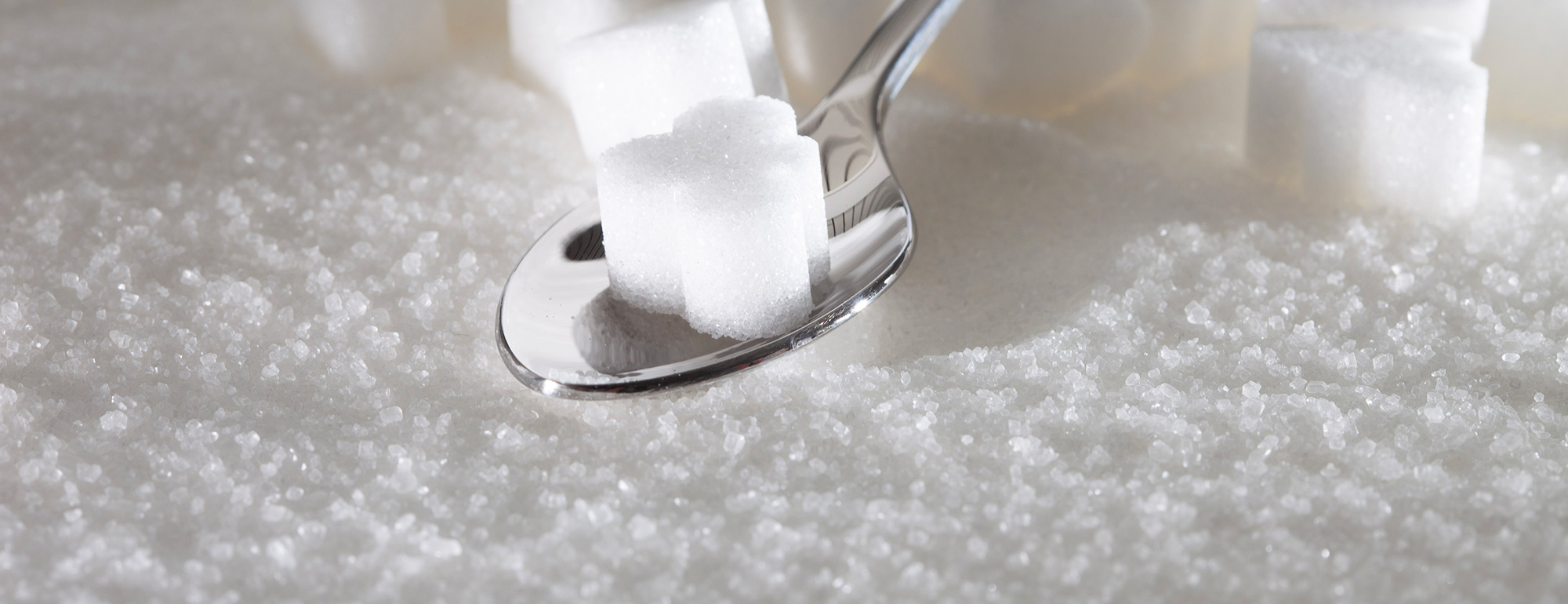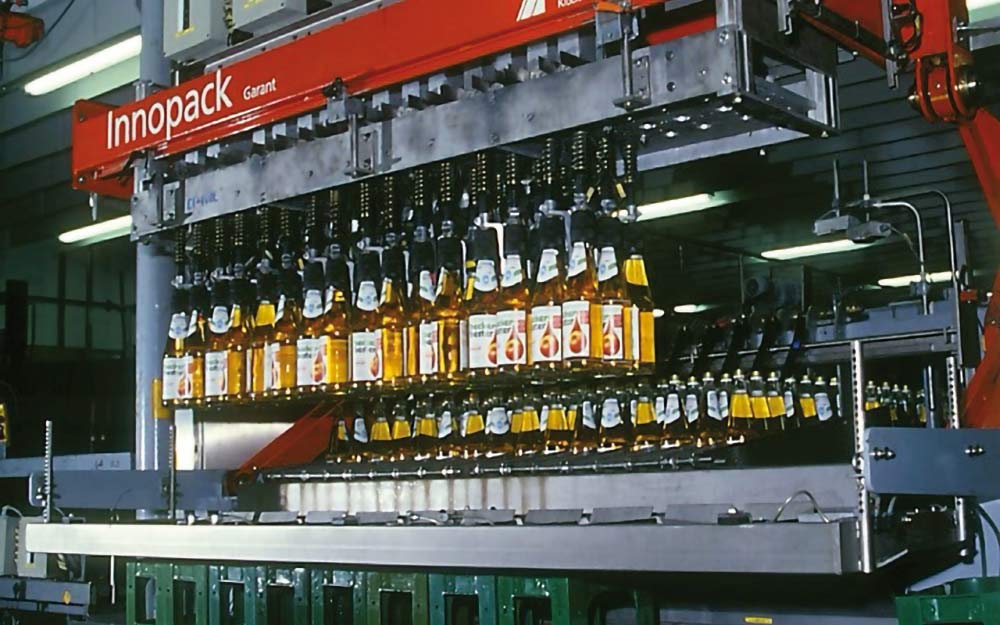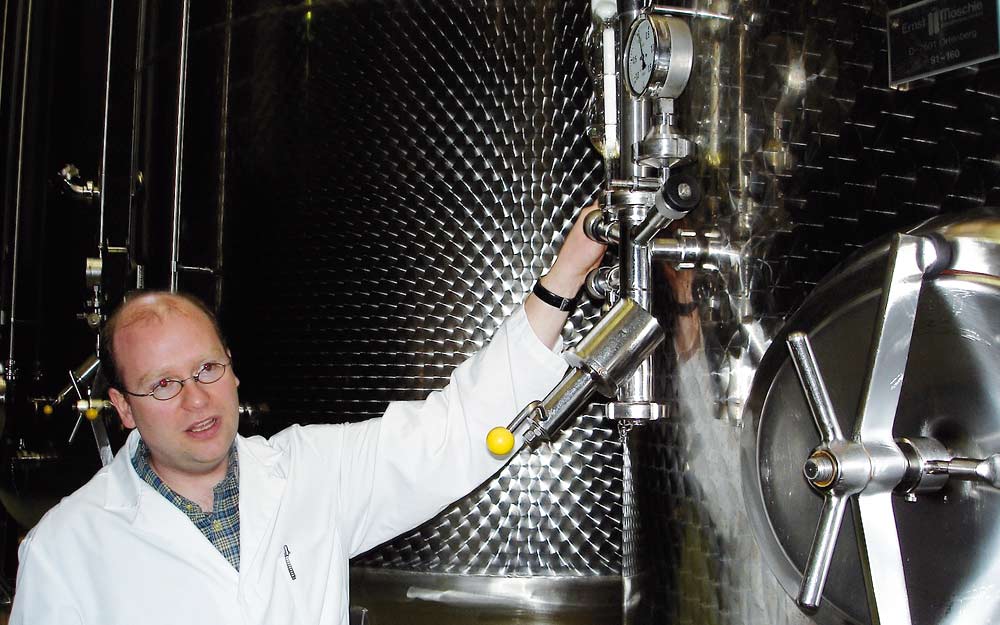In earlier times production used to run day and night from the start of the apple harvest in September through to December. Fruit processing was a seasonal operation. That has now changed.

Very juicy!
Sweet fruits for beckers bester
In earlier times production used to run day and night from the start of the apple harvest in September through to December. Fruit processing was a seasonal operation. That has now changed.
Learn more

White gold from Ochsenfurt
Europe's market leader, Südzucker AG, has been bringing sweetness into our lives for over 150 years. For a long time reserved only for the rich and powerful, sugar was considered "white gold" until the 19th century.

But with cream please!
Sweet desserts and yoghurt specialities from Campina accompany foodies throughout the day.

Very juicy!
HANSA-FLEX PTFE hoses are used for beckers bester.


